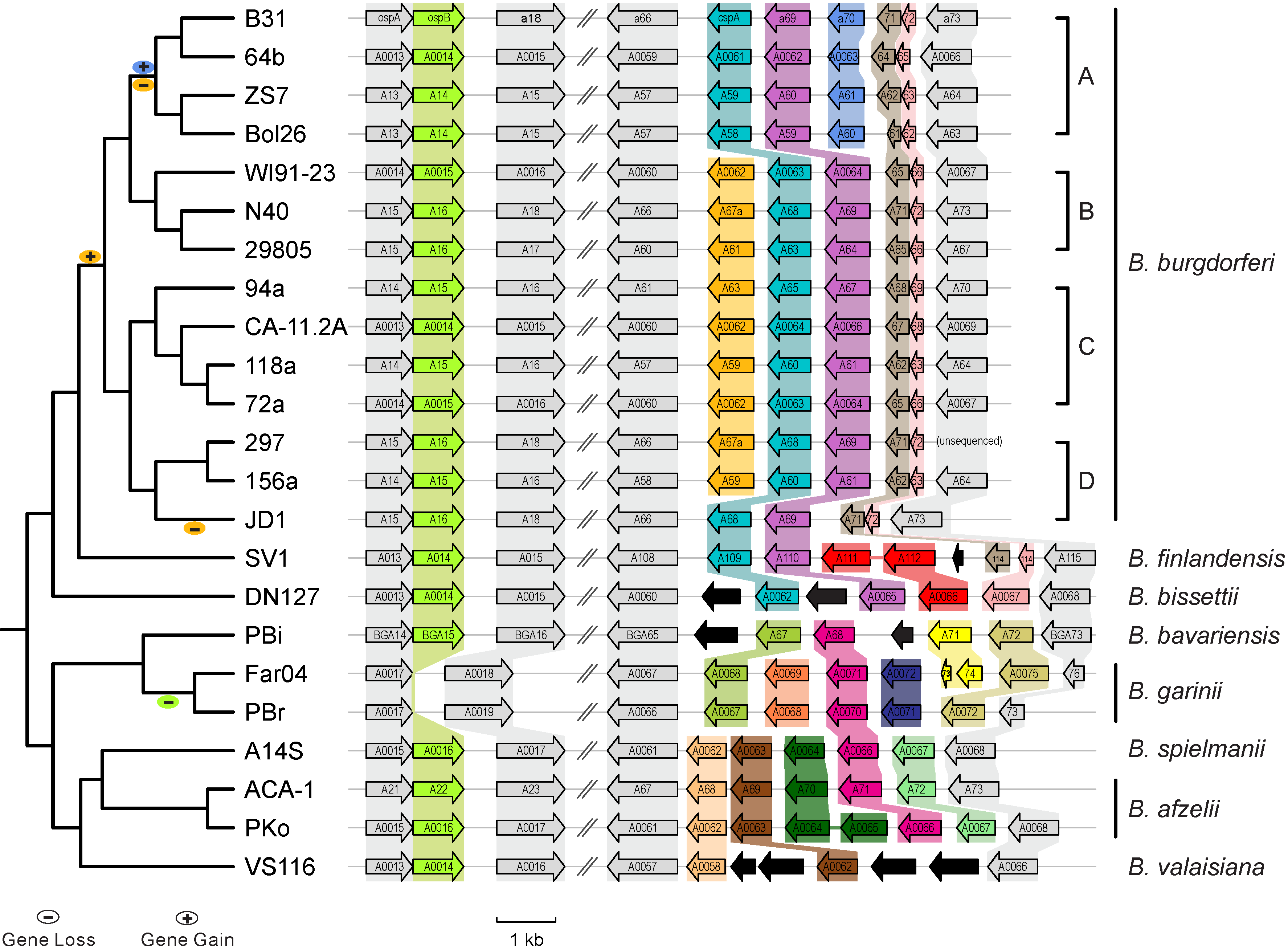Southwest-University: Difference between revisions
imported>Weigang mNo edit summary |
imported>Weigang |
||
| Line 9: | Line 9: | ||
[[File:Lp54-gain-loss.png|200px|thumbnail|Figure 1. Gains & losses of host-defense genes among Lyme pathogen genomes (Qiu & Martin 2014)]] | [[File:Lp54-gain-loss.png|200px|thumbnail|Figure 1. Gains & losses of host-defense genes among Lyme pathogen genomes (Qiu & Martin 2014)]] | ||
==Course Overview== | ==Course Overview== | ||
Welcome to | Welcome to BioMedical Genomics, a computer workshop for advanced undergraduates and graduate students. A genome is the total genetic content of an organism. Driven by breakthroughs such as the decoding of the first human genome and next-generation DNA -sequencing technologies, biomedical sciences are undergoing a rapid and profound transformation into a highly data-intensive field. Genome information is revolutionizing virtually all aspects of life sciences including basic basic, medicine, and agriculture. Meanwhile, use of genomic data requires life scientists to be familiar with concepts and skills in biology, computer science, as well as data analysis. | ||
This workshop is designed to introduce computational analysis of genomic data through hands-on computational exercises. | This workshop is designed to introduce computational analysis of genomic data through hands-on computational exercises. | ||
Revision as of 22:47, 20 June 2019
Professor, Department of Biological Sciences, City University of New York, Hunter College & Graduate Center
Adjunct Faculty, Department of Physiology and Biophysics Institute for Computational Biomedicine, Weil Cornell Medical College
Course Overview
Welcome to BioMedical Genomics, a computer workshop for advanced undergraduates and graduate students. A genome is the total genetic content of an organism. Driven by breakthroughs such as the decoding of the first human genome and next-generation DNA -sequencing technologies, biomedical sciences are undergoing a rapid and profound transformation into a highly data-intensive field. Genome information is revolutionizing virtually all aspects of life sciences including basic basic, medicine, and agriculture. Meanwhile, use of genomic data requires life scientists to be familiar with concepts and skills in biology, computer science, as well as data analysis.
This workshop is designed to introduce computational analysis of genomic data through hands-on computational exercises.
The pre-requisites of the course includes college-level courses in molecular biology, cell biology, and genetics. Introductory courses in computer programming and statistics are preferred but not strictly required.
Learning outcomes
By the end of this course successful students will be able to:
- Describe next-generation sequencing (NGS) technologies & contrast it with traditional Sanger sequencing
- Explain applications of NGS technology including pathogen genomics, cancer genomics, human genomic variation, transcriptomics, meta-genomics, epi-genomics, and microbiome, and single-cell genomics
- Visualize and explore genomics data using RStudio
- Ability to replicate results using a data set associated with a primary research paper
